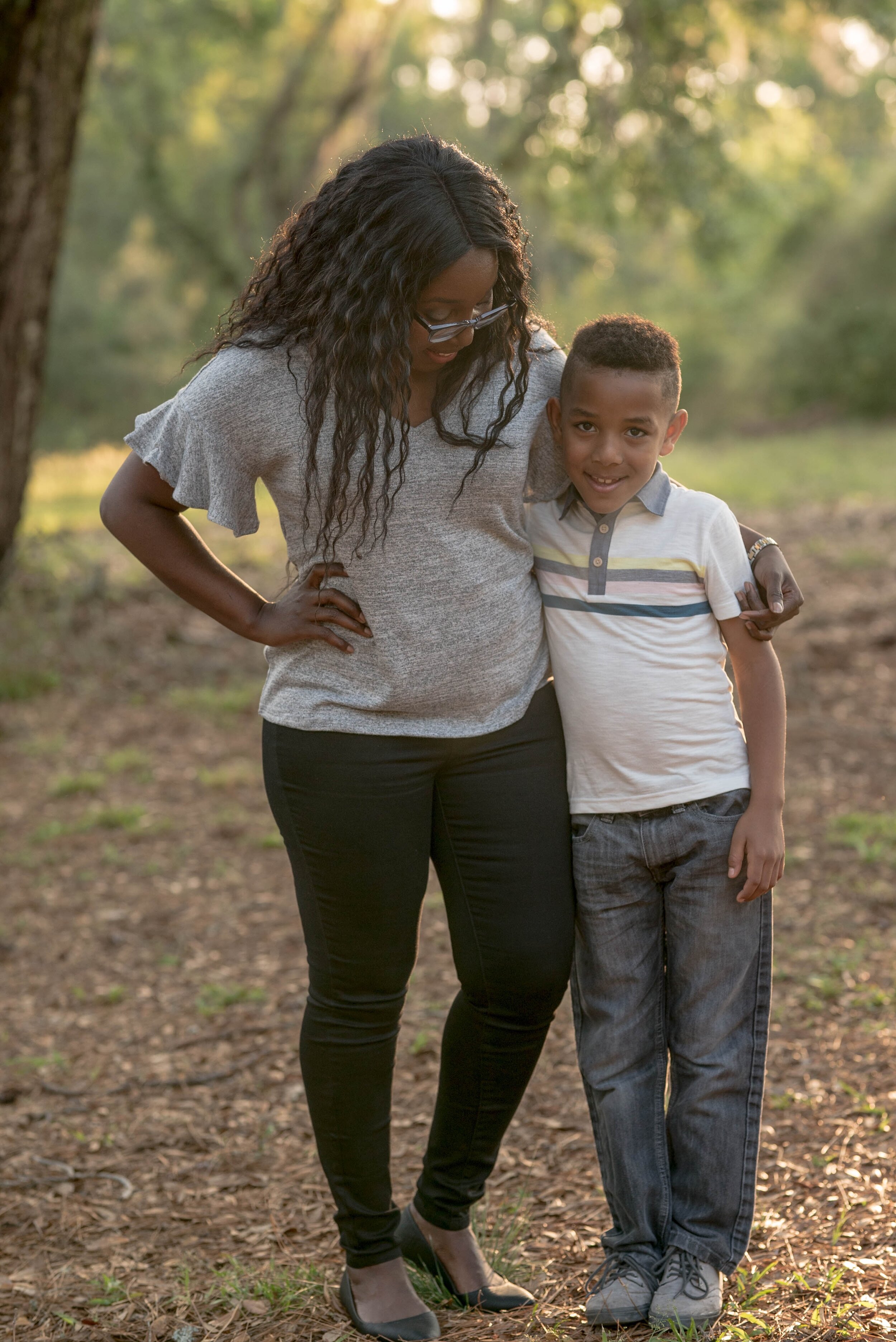Have you ever been called out on the carpet by one of your kids for doing something wrong? Maybe it wasn't even something that you thought was wrong - or perhaps you knew it was wrong - but, for whatever reason, your child thinks it is wrong and calls you out on it? Ouch!
Lately, my daughter has been calling me out for some things I've said and done, and the kicker here is that she's been right about the things she's called me out on. I wouldn't say I like it. The other day she called me out on the way I spoke to my husband. My intentions were good, you know, but because my intentions were good, I sounded a little "holier than thou."
I am frustrated with the way my husband has been eating lately. His diet is terrible, and I care about him. Right? But I was talking down to him, and my daughter called me out on it. Listening to her describe how it sounds to be on the other side of my accusing finger, I have to confess I must seem pretty harsh when I'm pointing out my husband's flaws. Feeling all defensive and guilt-ridden, I had to ask myself: Am I going to take it? Am I going to let my daughter call me out?
The thing is, I raised my kids to embrace the principle that we are accountable to each other. We can call each other out because sometimes nobody else is going to see the toxic behavior manifesting except another family member. We all have blind spots, and who is better equipped to see our blind spots than a family member.
So she called me out, and she did it respectfully. Here I was being corrected in a polite, honoring way. I've been preaching for decades that anyone can say whatever needs to be said, but say it respectfully. She did. And I was wrong. It's quite ironic when the values and principles you spend your life trying to teach the kids to come right back around to reveal my hypocrisy. Inevitably, I had to go to my husband and say, "I'm sorry. Although my intentions were good, my delivery was bad. Will you forgive me?" And, of course, he did forgive me.
To communicate more effectively and maintain good relationships in the process, here's what matters:
Speak the truth in love
Be respectful
Maintain a humble demeanor
Consider the timing
Ask yourself, " Does this need to be said?
Accept the answer
Words matter, and the tone with which we communicate our concerns matters, sometimes even more than the words themselves. Even with good intentions, if I interact without respect, I've missed the mark of what I want to accomplish and hurt the ones I love in the process. The way my daughter communicated to me when she called me out was a clear reflection of what I taught her. Do your kids get to correct you, knowing you'll accept their criticism? It's not easy. You know? But it's so worth it at the end of the day. Our families ultimately teach us as much as we teach them - it's a beautiful irony!
Hello, World!



